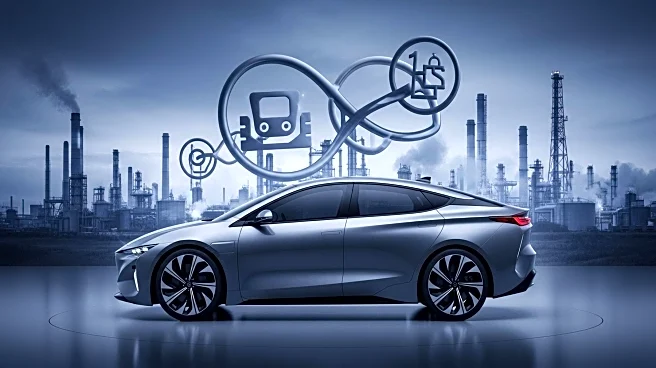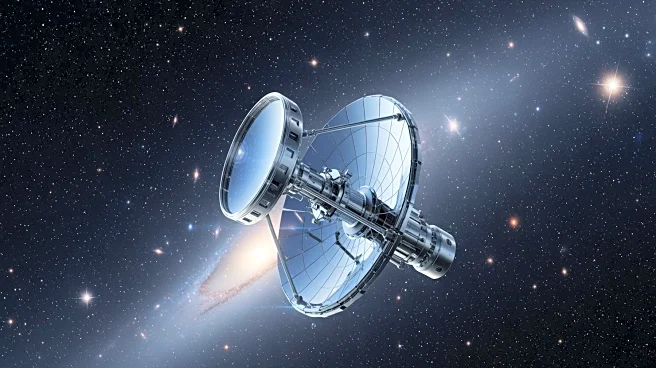What's Happening?
Toyota has publicly stated that mild-hybrid vehicles, which utilize a 48-volt-assisted system, should not be classified as true hybrids. Sean Hanley, Vice President of Sales and Marketing at Toyota Australia, emphasized the need for clear terminology to prevent consumer confusion. Despite this stance, Toyota has marketed 48-volt vehicles as hybrids in some regions, such as Europe, where models like the Land Cruiser Hybrid 48V and Hilux Hybrid 48V are available. These vehicles feature an electrified powertrain that includes an electric motor-generator, but they cannot operate solely on electric power.
Why It's Important?
Toyota's position on mild-hybrids highlights the ongoing debate within the automotive industry regarding hybrid classifications. As emissions regulations become stricter, automakers are exploring various hybrid technologies to improve fuel efficiency and reduce CO2 emissions. The distinction between mild-hybrids and other hybrid types is crucial for consumers making informed purchasing decisions. This clarification could influence market trends and consumer preferences, impacting sales and the development of future hybrid models.
Beyond the Headlines
The discussion around hybrid classifications underscores the complexity of modern automotive technology and the challenges consumers face in understanding different powertrain options. As automakers continue to innovate, clear communication about vehicle capabilities and environmental benefits will be essential. This situation also reflects broader industry efforts to balance technological advancement with regulatory compliance and consumer education.









